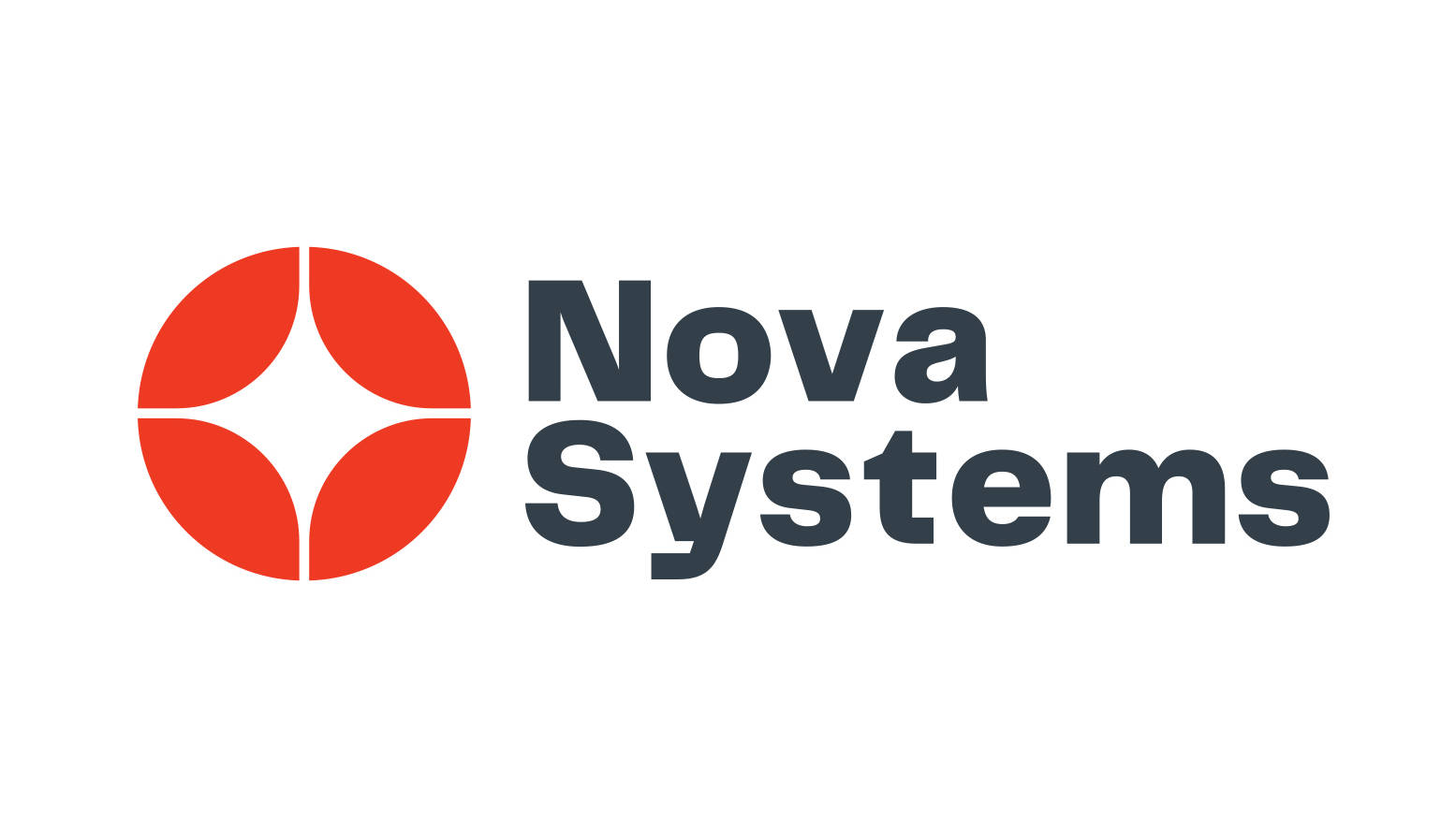
SimScale is a cloud-based engineering simulation platform that provides computational fluid dynamics (CFD), finite element analysis (FEA), and thermal analysis tools. It is widely used across industries, including aerospace, automotive, manufacturing, and architecture, to simulate the behavior of physical systems in real-world conditions. For defense and homeland security, SimScale can be utilized for structural analysis, thermal management, and fluid flow simulations, making it an essential tool for border security, counter-terrorism, and disaster response applications.
With its cloud-based architecture, SimScale allows users to perform complex simulations without needing expensive hardware or infrastructure. Users can access the platform from anywhere and collaborate in real time with teams across different locations. This scalability and accessibility make it an ideal solution for governments, security agencies, and organizations that require accurate and efficient simulations.
Computational Fluid Dynamics (CFD): SimScale provides CFD tools to simulate the behavior of fluids (air, water, etc.) under various conditions. This is particularly useful in disaster response (e.g., predicting flood behavior) or aerospace and defense applications (e.g., airflow around drones or vehicles).
Finite Element Analysis (FEA): SimScale offers finite element analysis capabilities to assess the structural integrity of buildings, vehicles, and equipment. In counter-terrorism and disaster preparedness, it can be used to simulate the impact of explosions or structural loads, helping to improve infrastructure resilience.
Thermal Analysis: The platform supports thermal analysis to simulate heat transfer in systems. This feature is valuable for designing thermal management systems in vehicles, drones, or critical infrastructure used in defense and security operations.
Multiphysics Simulations: SimScale allows users to combine multiple types of simulations (e.g., CFD and FEA) to evaluate the performance of a system in real-world conditions. This multiphysics capability is essential for comprehensive mission planning, border security infrastructure design, and emergency preparedness.
Cloud-Based Collaboration: As a cloud-based platform, SimScale allows teams to collaborate on simulations in real-time. Users can share simulations with colleagues, clients, or stakeholders, improving communication and decision-making across various security and disaster response scenarios.
Scalability: SimScale's cloud infrastructure allows users to scale their simulation workloads based on project needs. This flexibility is particularly important for defense agencies and disaster response teams, who may need to run multiple simulations simultaneously during crisis management or mission planning.
Pre-Built Simulation Libraries: SimScale provides access to a vast library of pre-built simulation templates that users can modify based on their requirements. This saves time and resources for homeland security projects, such as border fence designs, structural analysis of security infrastructure, or flood simulations.
Border Security: SimScale’s CFD tools can be used to simulate airflow and wind patterns for drones used in border surveillance. FEA capabilities can help assess the structural integrity of border fences and monitoring towers, ensuring their resilience under harsh weather conditions or potential sabotage.
Disaster Response: In disaster preparedness, SimScale’s flood modeling capabilities allow governments and agencies to simulate flood behaviors based on terrain and infrastructure. This can be crucial in designing evacuation routes, deploying flood barriers, and allocating resources during natural disasters.
Counter-Terrorism: SimScale's FEA tools can simulate the impact of explosive devices on buildings, vehicles, or bridges, helping agencies improve their infrastructure resilience against terrorist attacks. Thermal analysis can also be used to assess the thermal shielding of equipment or vehicles in high-temperature environments.
Aerospace and Defense: SimScale provides advanced CFD simulations for analyzing aerodynamic performance of aircraft, UAVs (drones), or military vehicles. Thermal analysis helps design cooling systems for defense equipment, ensuring performance stability under extreme conditions.
Cost-Effective Simulation: As a cloud-based platform, SimScale eliminates the need for expensive hardware, making high-fidelity simulations accessible to security agencies, defense contractors, and government organizations without large capital investments.
Accelerated Simulation Time: With SimScale, organizations can run multiple simulations in parallel, reducing the time required to assess critical infrastructure, design security measures, or evaluate disaster preparedness scenarios.
Enhanced Collaboration: SimScale allows security agencies, engineers, and decision-makers to collaborate in real time, improving the efficiency and accuracy of simulation-based projects, whether in disaster response or border security.
Real-World Accuracy: The platform’s multiphysics simulations and high-fidelity modeling capabilities ensure accurate and reliable results, helping agencies make informed decisions on emergency infrastructure, vehicle designs, and disaster management plans.
Scalable for Large Projects: With the ability to scale simulations according to project requirements, SimScale is suitable for large-scale homeland security projects, such as urban infrastructure planning, coastal defense systems, and public safety analysis.

The Wind River Helix Virtualization Platform is a comprehensive solution designed to support missio…

Aveva Marine is a powerful suite of 3D design and engineering software tailored specifically for th…

The Nova Systems EW Test Range Management System is designed to manage and coordinate Electronic Wa…